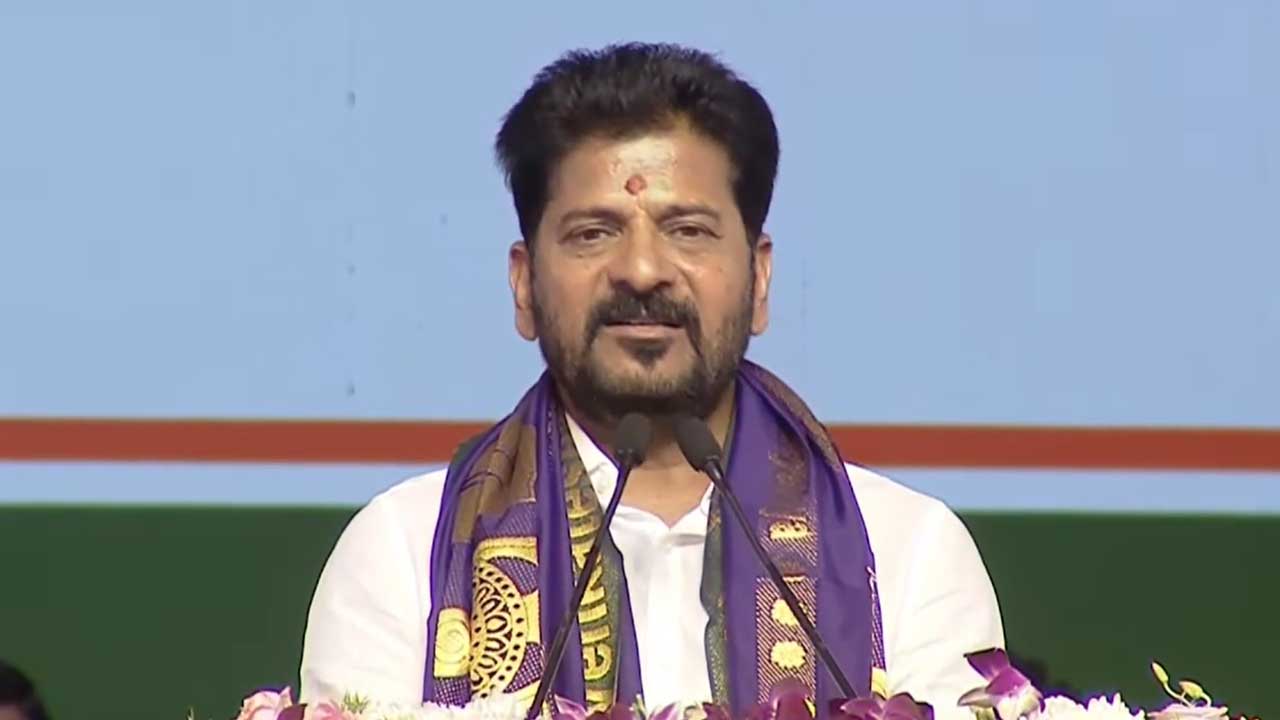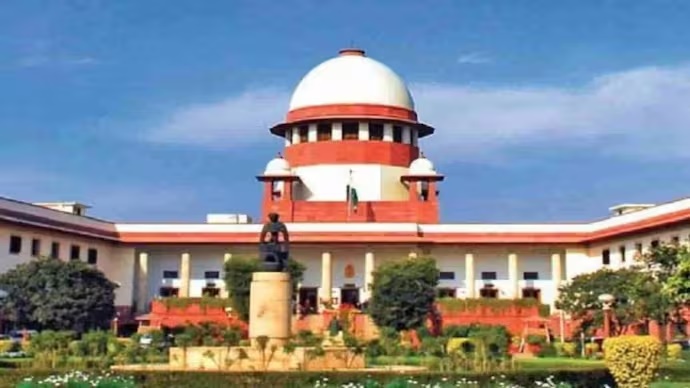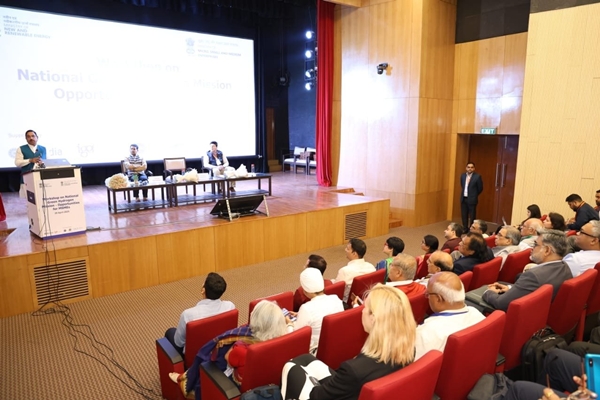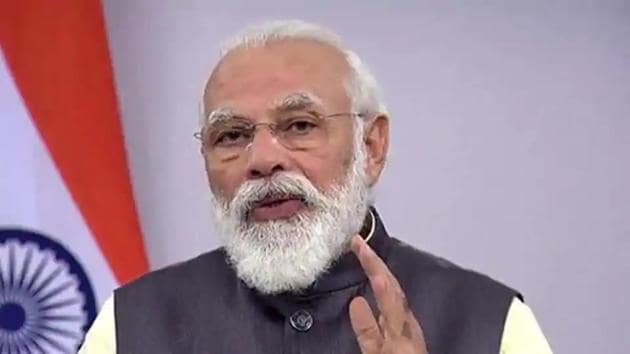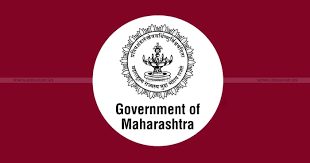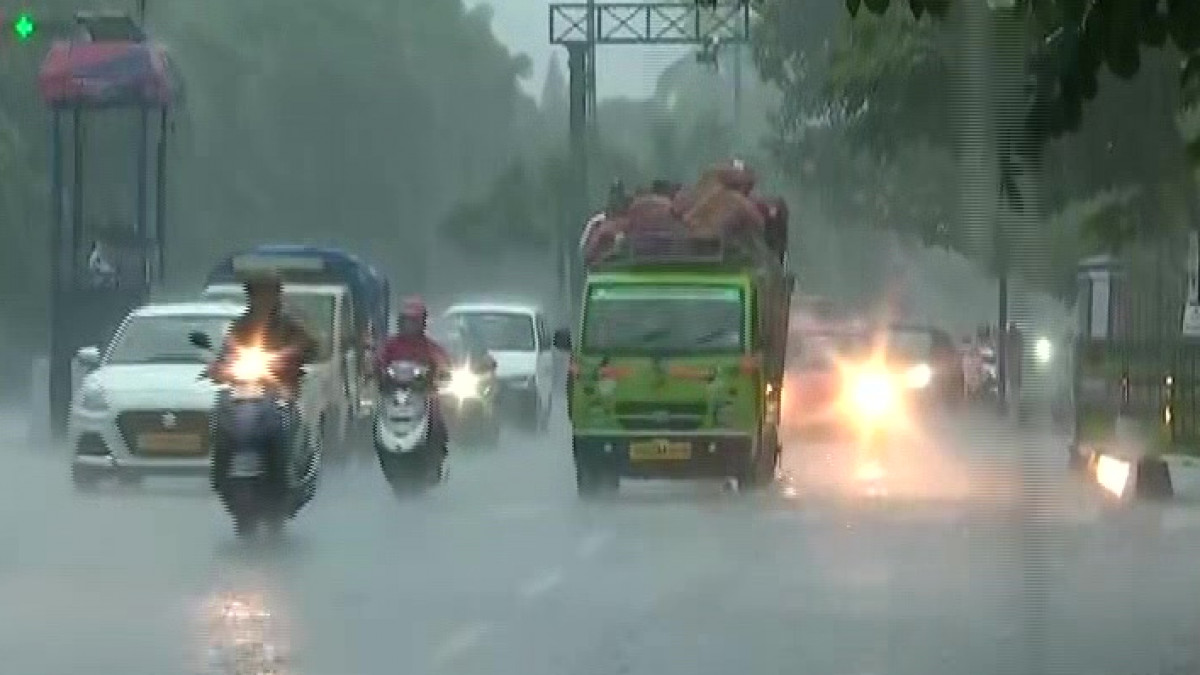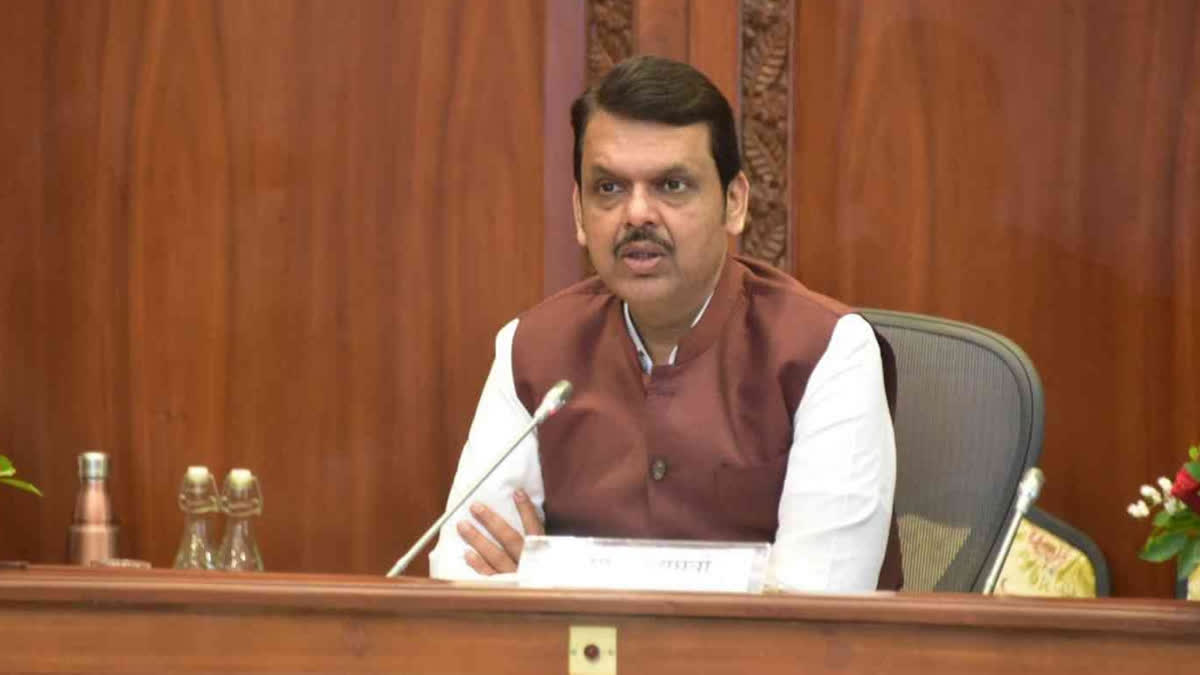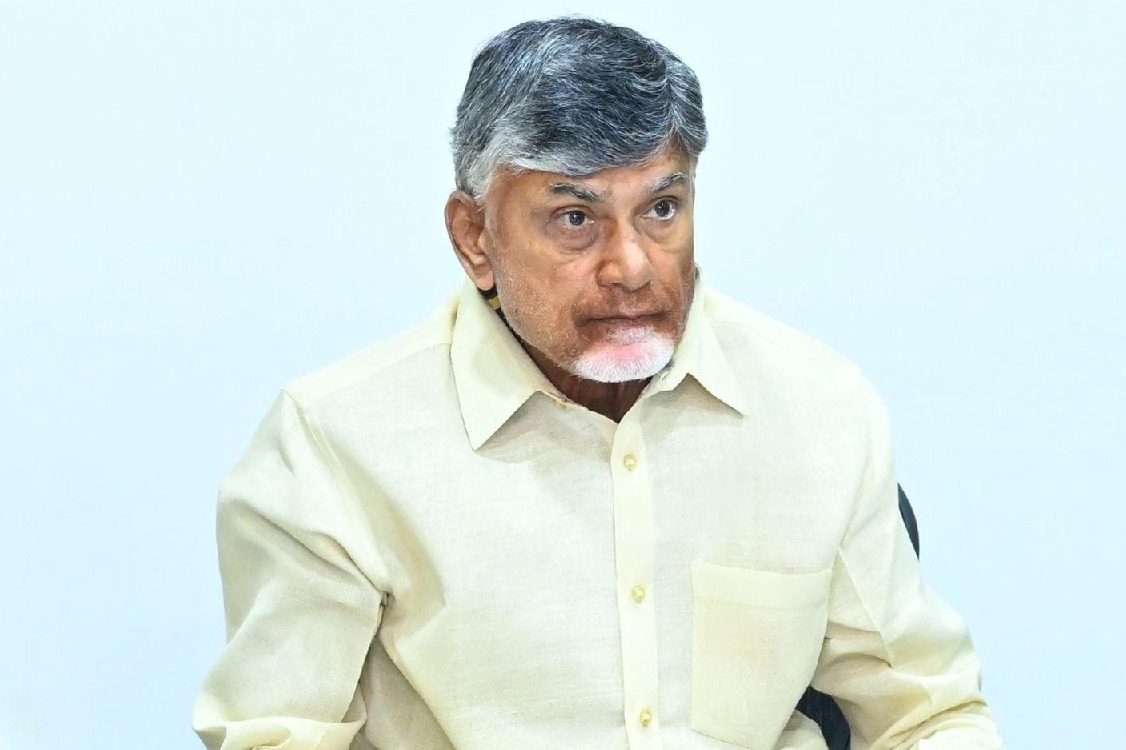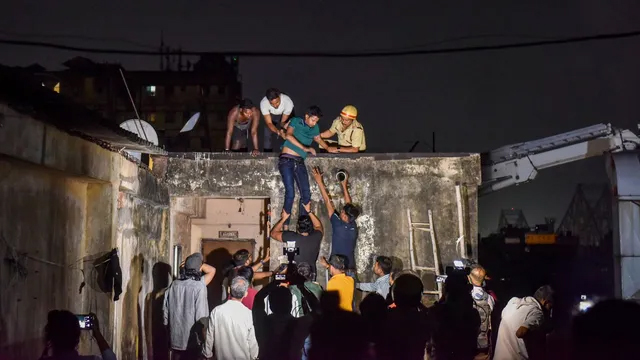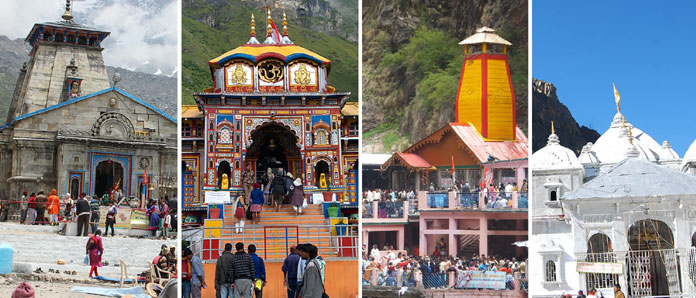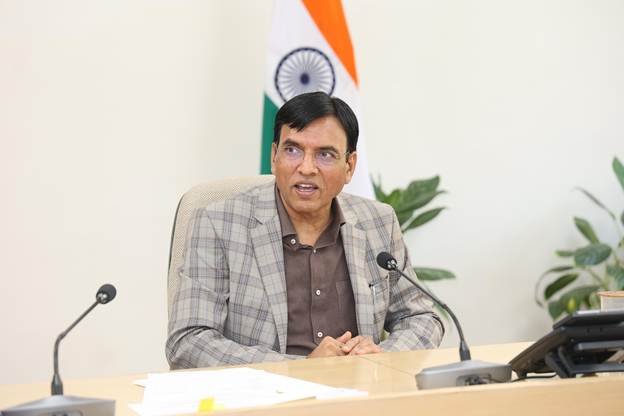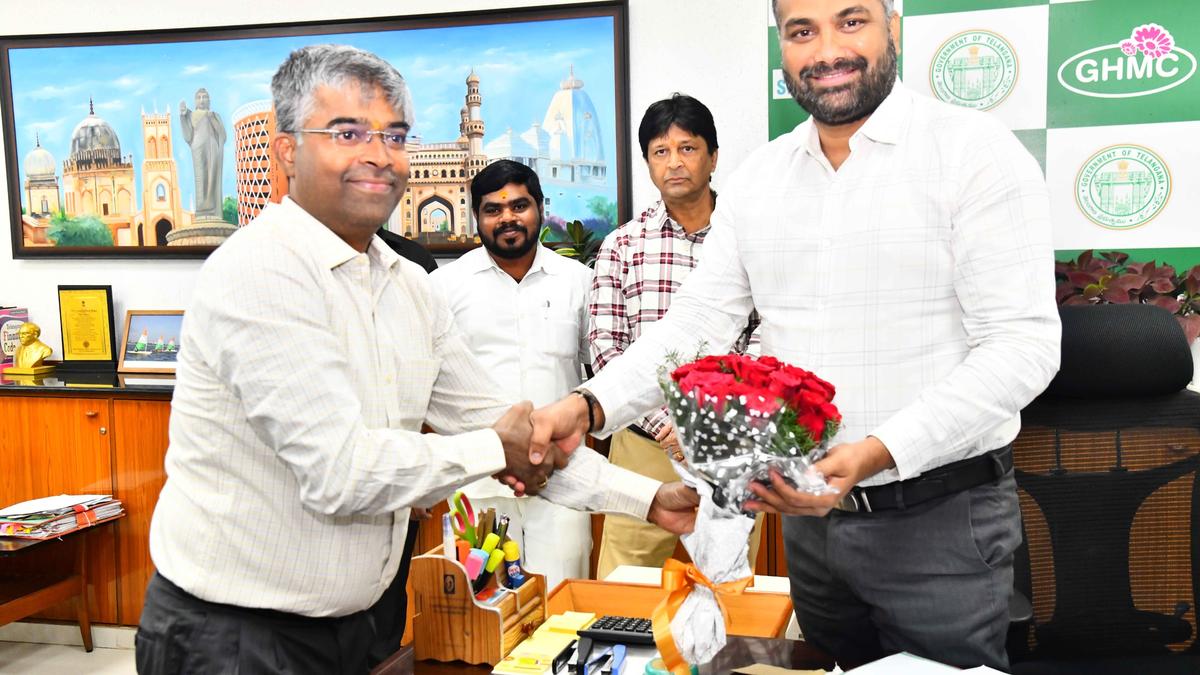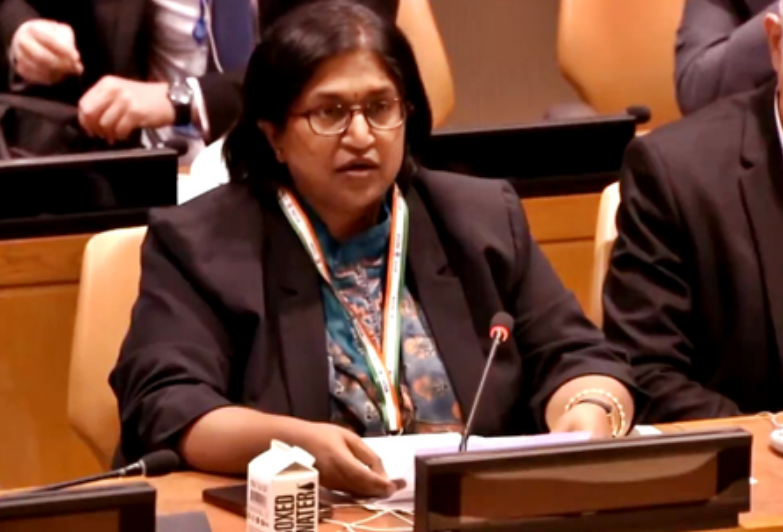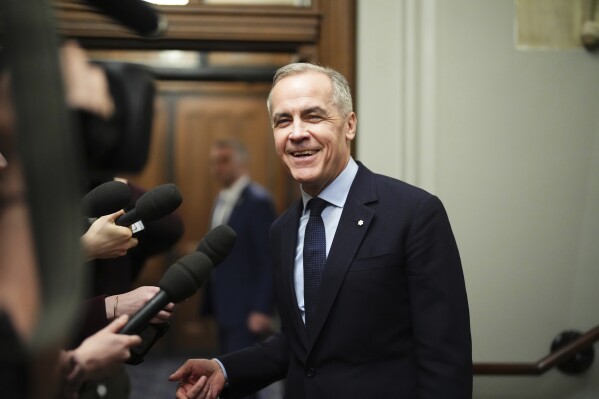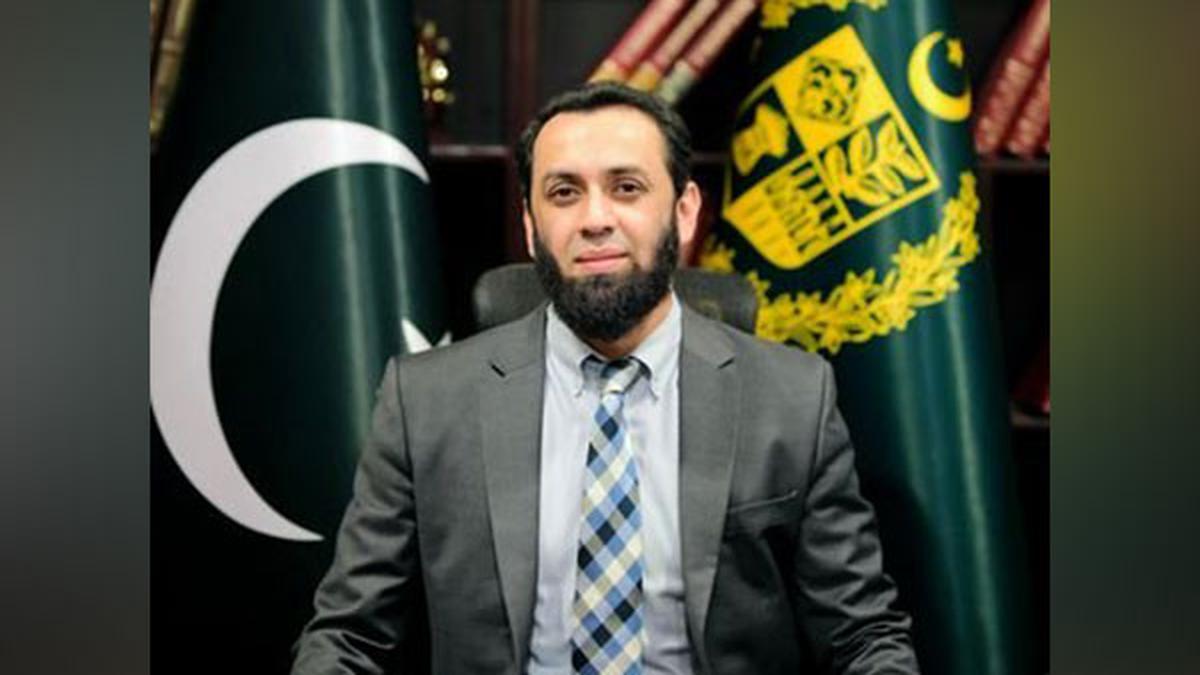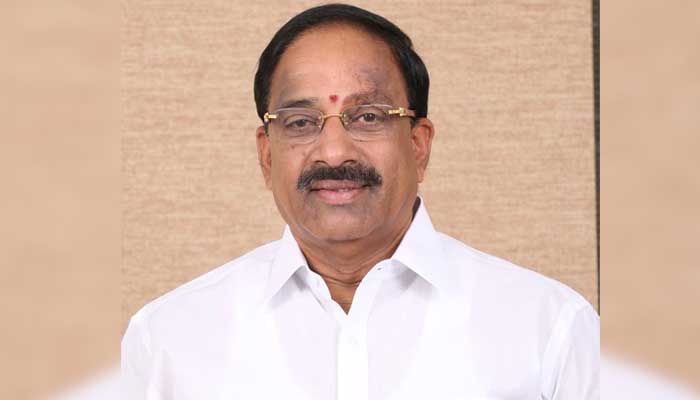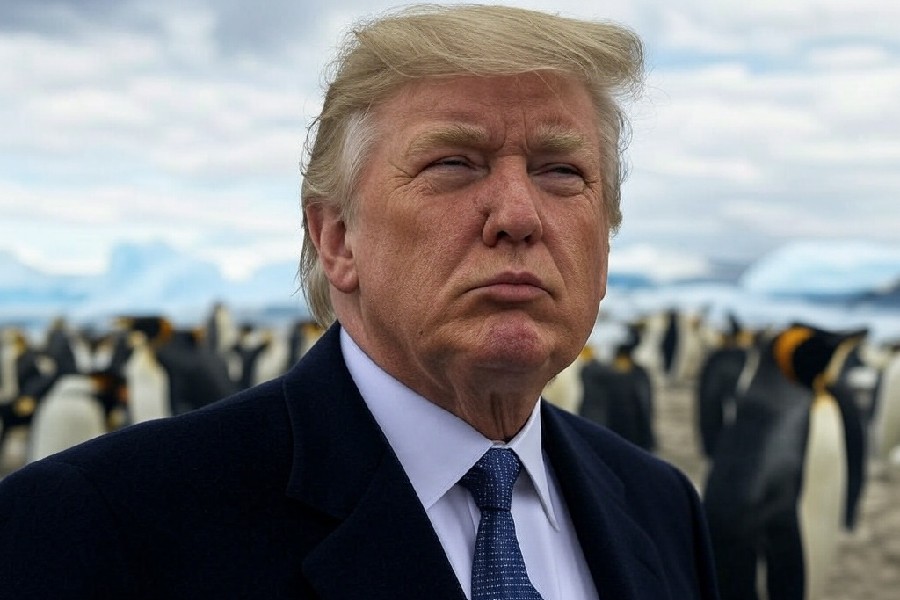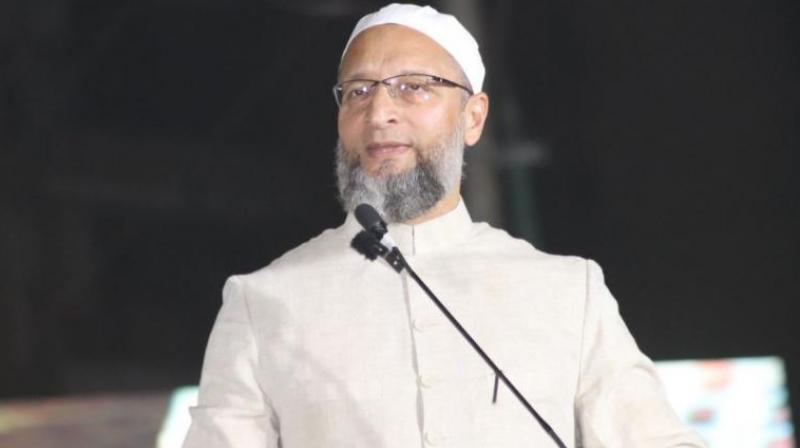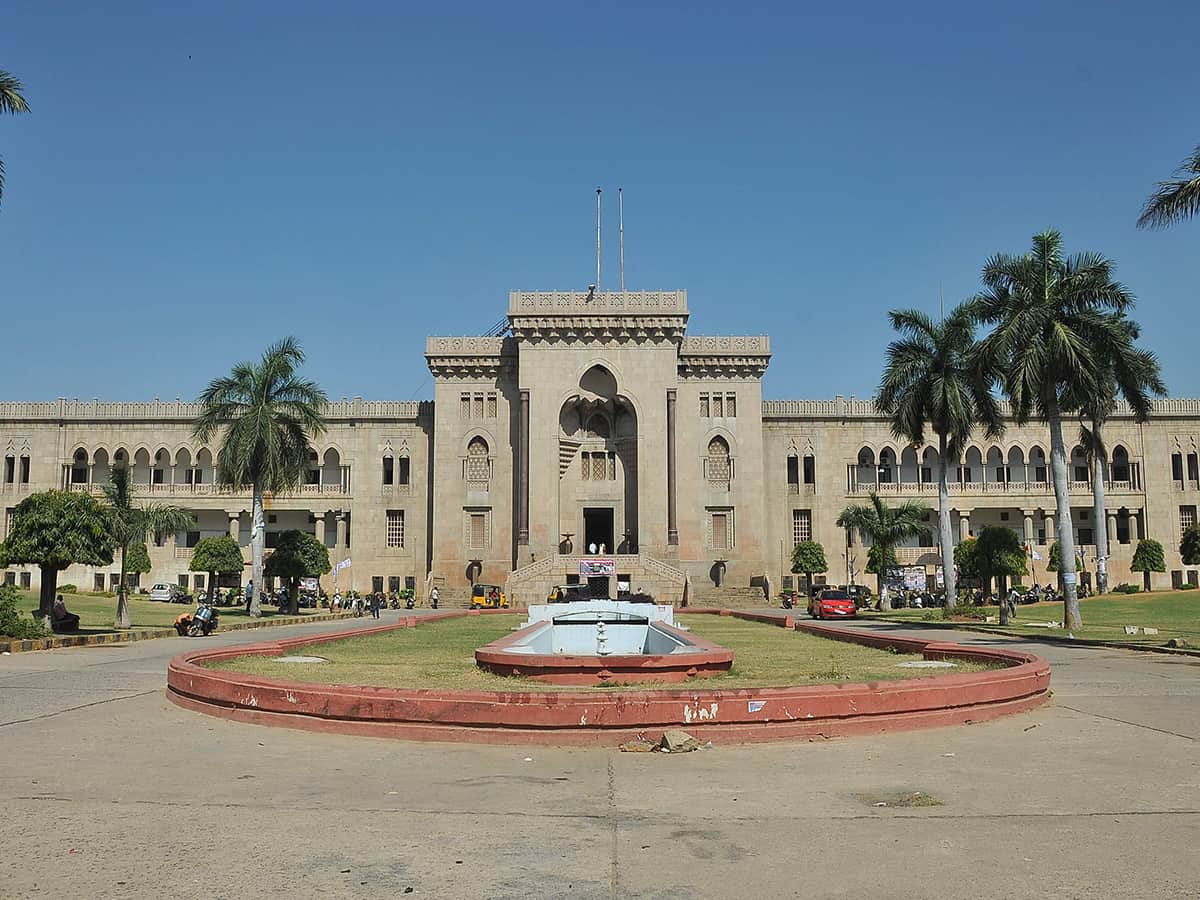SC Refuses To Reopen Decision To Grant Reservations In Promotions To SCs, STs
Tue 14 Sep 2021, 17:28:22
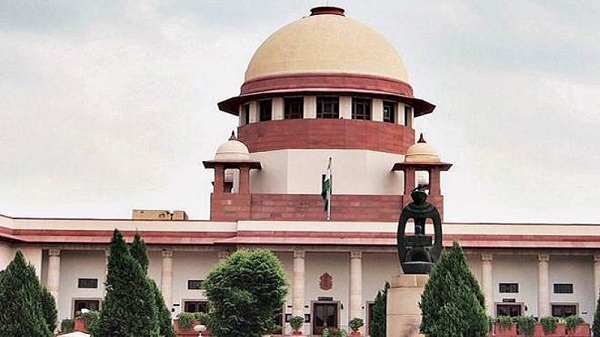
Implementation of promotions for the Scheduled Castes (SCs) and Scheduled Tribes (STs) was up to individual states, the Supreme Court said on Tuesday while refusing to reopen its decision to grant the same.
The apex court was responding to a clutch of petitions regarding the alleged hurdles in various states when it came to granting reservations for promotions for the SC and ST communities.
A three-judge bench headed by Justice Nageswara Rao directed the Advocate on Records of state governments to identify issues peculiar to them and submit those within two weeks.
"We are making it very clear that we are not going to reopen Nagraj or Jarnail Singh (cases) because the idea was only to decide these cases in accordance with the law laid down by the court," said the bench, also comprising Justices Sanjiv Khannna and B R Gavai.
The top court noted that in its earlier order, the state governments were directed to finalise the issues which are peculiar to them so that the court can proceed in the matter.
The issues framed by Attorney General K K Venugopal and the ones circulated by others are enhancing the scope of cases, it said.
"We are very clear that we are not going to permit any arguments for reopening of cases or arguing that law laid down from Indira Sawhney is wrong because the very scope of these cases is to apply the law as laid down by this court." the court said.
Venugopal submitted before the apex court that nearly all these issues have been covered by judgements of the top court and he would give a background of all the cases on the issue of reservation since the Indira Sawhney case.
Senior advocate Indira Jaising contended that the issue which remains open is benchmarks for adequacy on how a state will decide on which groups are backwards.
"It is not a question of disputed facts any more. In some cases HCs have struck down on the ground that backwardness has not been shown. How any state will establish that representation is adequate and in that sense there will have to be benchmarks for adequacy which will require detailed consideration," she said.
Responding to the submission, the bench said, "We are not here to advise the government what they should do. It's not for us to tell the government how to implement policy. It has been specifically held as to how the states have to implement it and consider backwardness and representation. States have to decide what to do subject to judicial review."
Senior advocate Rajeev Dhavan said he does not want to get into the question of representation as Indira Sawhney judgment is clear that it's not proportionate representation.
"In the Madhya Pradesh case it's very that you cannot rely on the census. This is not the first time that a large batch of cases has come. In each case let written submission be given to the court. The State of Maharashtra says we have set up a committee to decide on 'adequacy of representation'. Why was this not done earlier? As far as the principles are concerned they were enumerated in the Nagraj judgment," he said.
The Attorney General said the problem of Union of India is that there are three interim HC orders passed out which two say that promotions can continue to be made, while one HC has issued status quo orders on promotions.
"The Government of India has 1,400 posts (secretariat
level) stagnating where no promotions could be made on a regular basis because all three orders dealt with regular promotions. The issue is whether the promotions for regular appointments can be continued to be made, and whether it affects the reserved seats.
level) stagnating where no promotions could be made on a regular basis because all three orders dealt with regular promotions. The issue is whether the promotions for regular appointments can be continued to be made, and whether it affects the reserved seats.
"There are another 2,500 posts stagnating for years due to status quo orders relating to regular promotions. The government wants to make those promotions on ad hoc basis without any rights," Venugopal said while seeking a stay on a contempt plea against the government official.
Senior advocate Meenakshi Arora said if the matter is being kept after two weeks then the contempt plea can be heard on that date.
Senior advocate P S Patwalia, appearing for Maharashtra and Bihar, said the court will have to examine how you arrive at what is the quantifiable data, adding that 60 per cent posts are lying vacant in Bihar.
The top court said it has already passed orders on how to consider backwardness and it cannot prescribe policy further.
The top court then ordered, "Pursuant to earlier orders passed by this court, AG has circulated a note on the issues that arise for consideration in these matters. Issues identified by the states of Maharashtra and Tripura were also placed before this court. Issues have been given separately to AG by Sr Lawyer Indira Jaising and Rajeev Dhavan. The AG submitted that there is no need for reopening the law laid down by this court.
"In respect of interpretation of Article 16 and 16(4)(a) it is submitted that judgment delivered by this court would clear all issues which arise for consideration. It has been brought to our notice that issues peculiar to states can be grouped in 11 categories. There is an order already on order passed by this court that states have to identify the issues which arise in each state and furnish a copy to AG".
The bench directed the AoRs of state governments to identify issues peculiar to the states and submit the same before this court in two weeks from today.
It directed the counsels to submit written notes not exceeding five pages citing judgments within two weeks and posted the matter for hearing on October 5.
Earlier, Maharashtra and other states had said the promotions have been made in unreserved categories, but promotions have not been granted in reserved categories for SC and ST employees.
In 2018, a five-judge Constitution bench had paved the way for grant of quota for promotions in the government jobs to SCs and STs, holding that the states were not required to "collect quantifiable data" reflecting the backwardness among these communities.
The apex court said that there was no need to revisit its 2006 verdict in the M Nagaraj case on the issue.
It had held however that the conclusion arrived at in the Nagaraj case that the states have to collect quantifiable data showing backwardness of SCs and STs was "contrary" to the nine-judge bench judgement in the Indra Sawhney verdict of 1992, popularly known as Mandal Commission case.
"Thus, we conclude that the judgment in Nagaraj does not need to be referred to a seven–judge bench. However, the conclusion in Nagaraj that the state has to collect quantifiable data showing backwardness of the Scheduled Castes and the Scheduled Tribes, being contrary to the nine-judge bench in Indra Sawhney, is held to be invalid to this extent," the bench had held.
No Comments For This Post, Be first to write a Comment.
Most viewed from National
Most viewed from World
AIMIM News
Latest Urdu News
Most Viewed
May 26, 2020
Which Cricket team will win the IPL 2025 trophy?
Latest Videos View All
Like Us
Home
About Us
Advertise With Us
All Polls
Epaper Archives
Privacy Policy
Contact Us
Download Etemaad App
© 2025 Etemaad Daily News, All Rights Reserved.

